
He Weiwen, Senior Fellow, Center for China and Globalization, CCG
Dec 22, 2025
It is highly anticipated that even with a continued mix of tensions and collaboration, 2026 will see more of the positive and less of the negative, thus benefiting the people of both countries and the world at large.
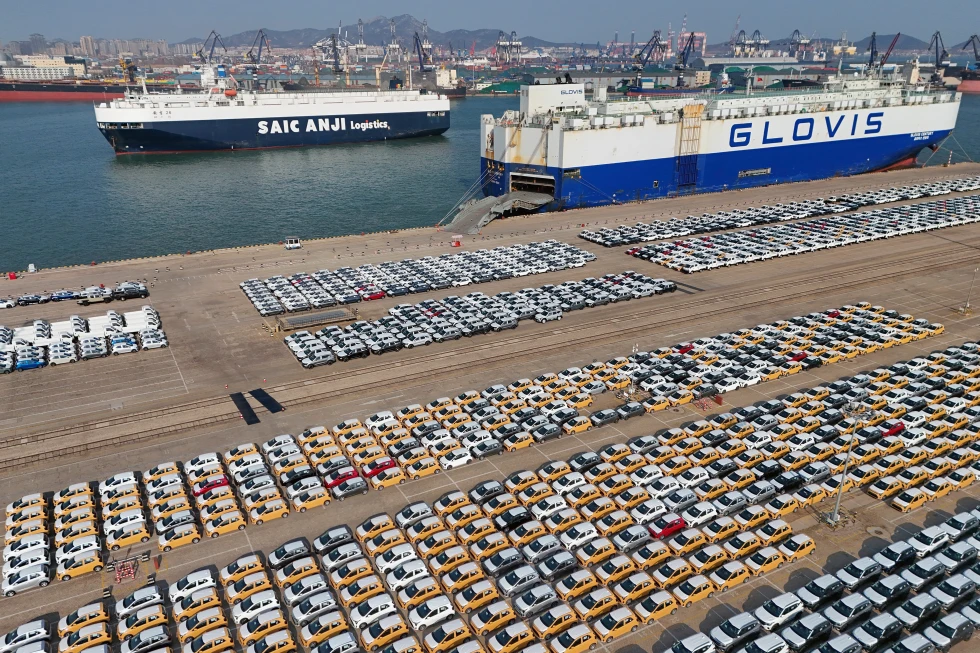
Ghulam Ali, PhD, Monash University, Australia
Dec 18, 2025
Two separate announcements tell how Trump’s tariffs left China’s exports unscathed while quietly taxing American households.

Zhang Monan, Deputy Director of Institute of American and European Studies, CCIEE
Nov 28, 2025
The impact on the global economic and trade landscape is unmistakable. These tariffs will establish trade frictions a a new normal and drive global supply chains toward some form of decoupling. They may also provoke countermeasures from other economies, especially given the constrained role of the WTO.

Zhou Xiaoming, Former Deputy Permanent Representative of China’s Mission to the UN Office in Geneva
Nov 21, 2025
High import duties on Chinese goods have become the new normal for the United States. While there’s lots of talk about renewed stability with China after the presidents met in South Korea, but the world’s two largest economies appear to be learning how to live apart.
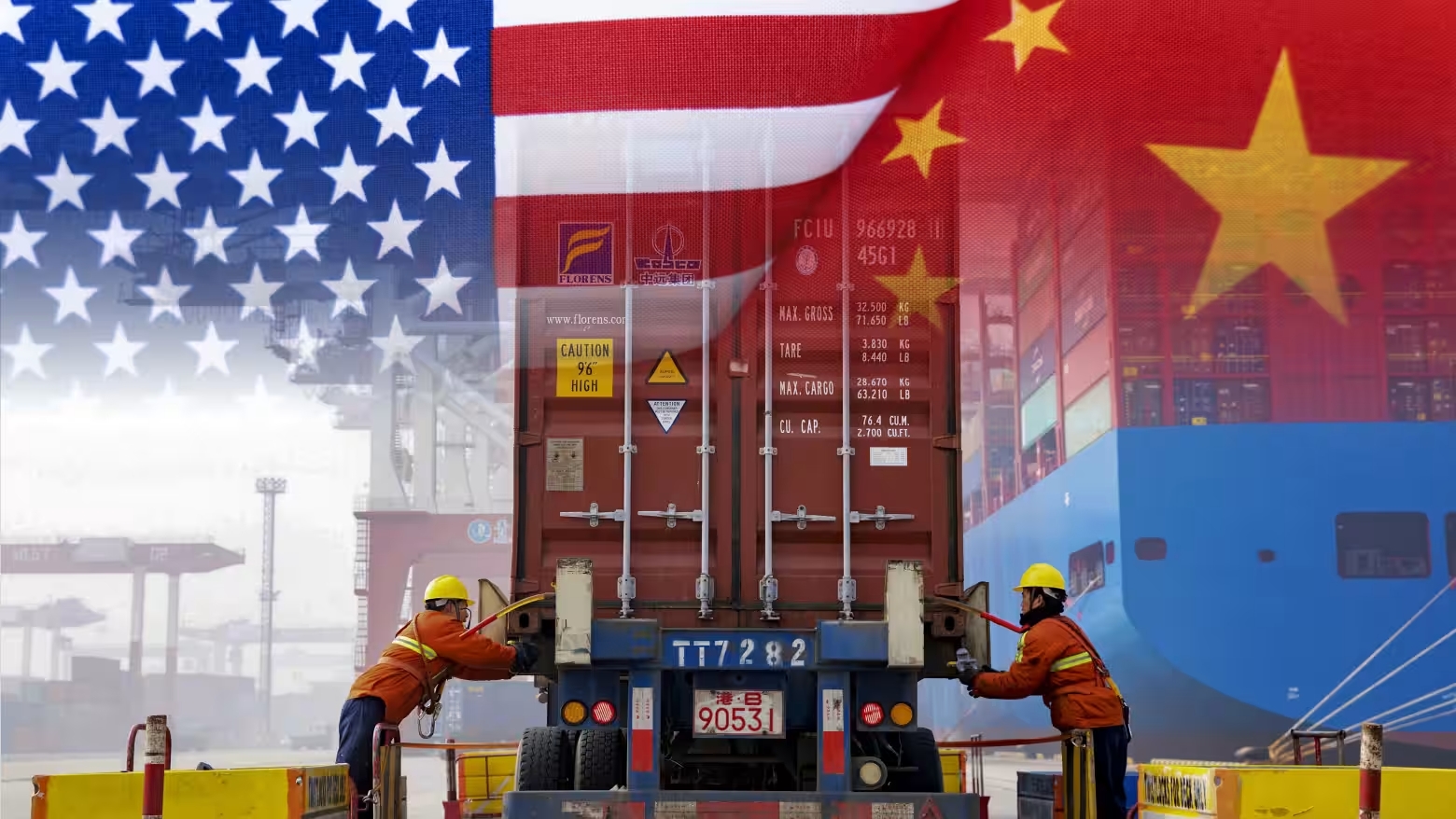
Warwick Powell, Adjunct Professor at Queensland University of Technology
Nov 10, 2025
In the geopolitical theater of 2025, the United States’ trade posture toward China exemplifies a pattern of escalating threats that yield diminishing strategic returns.
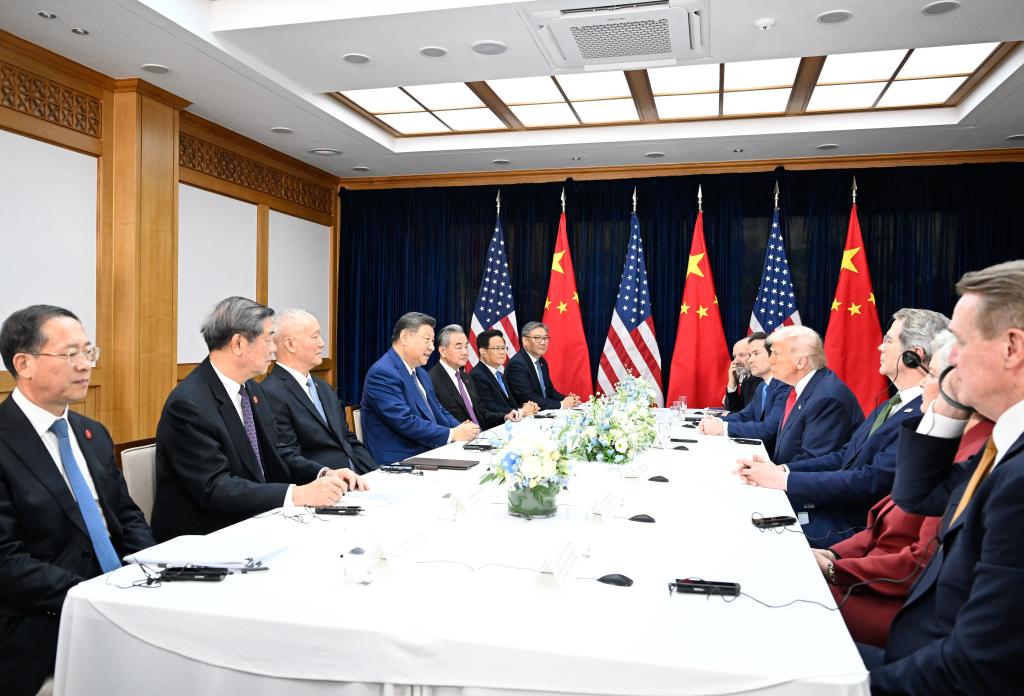
Sun Chenghao, Fellow, Center for International Security and Strategy of Tsinghua University; Munich Young Leader 2025
Wu Kexi, Research Assistant, China University of Political Science and Law
Nov 03, 2025
In a significant recalibration, the Busan summit helped stabilize China-U.S. relations, which now appear unlikely to return to the past or fall into confrontation. Both sides will instead seek equilibrium through communication and prudent action.
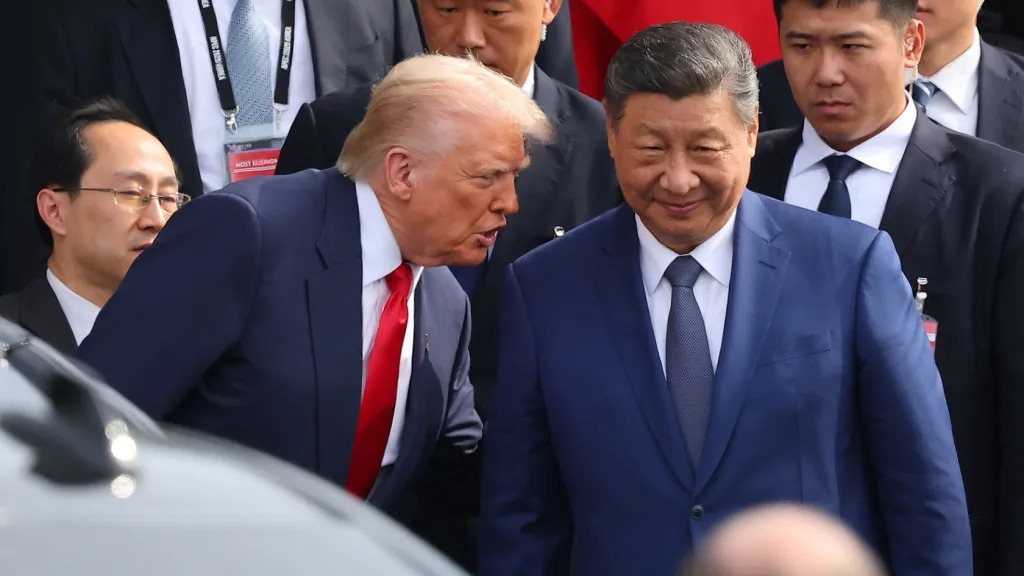
David Shambaugh, Gaston Sigur Professor and Director of China Policy Program at George Washington University, Distinguished Visiting Fellow at Hoover Institution of Stanford University
Nov 03, 2025
The first in-person meeting between Presidents Trump and Xi in six years focused almost exclusively on trade and technology, resulting in a temporary rollback of tariffs and export restrictions but producing no new agreements or progress on broader security or geopolitical issues. The meeting largely served to stabilize U.S.-China relations and decrease tensions, with both leaders agreeing to reciprocal visits in 2026 for further discussions, effectively “kicking the can down the road” on deeper bilateral challenges.
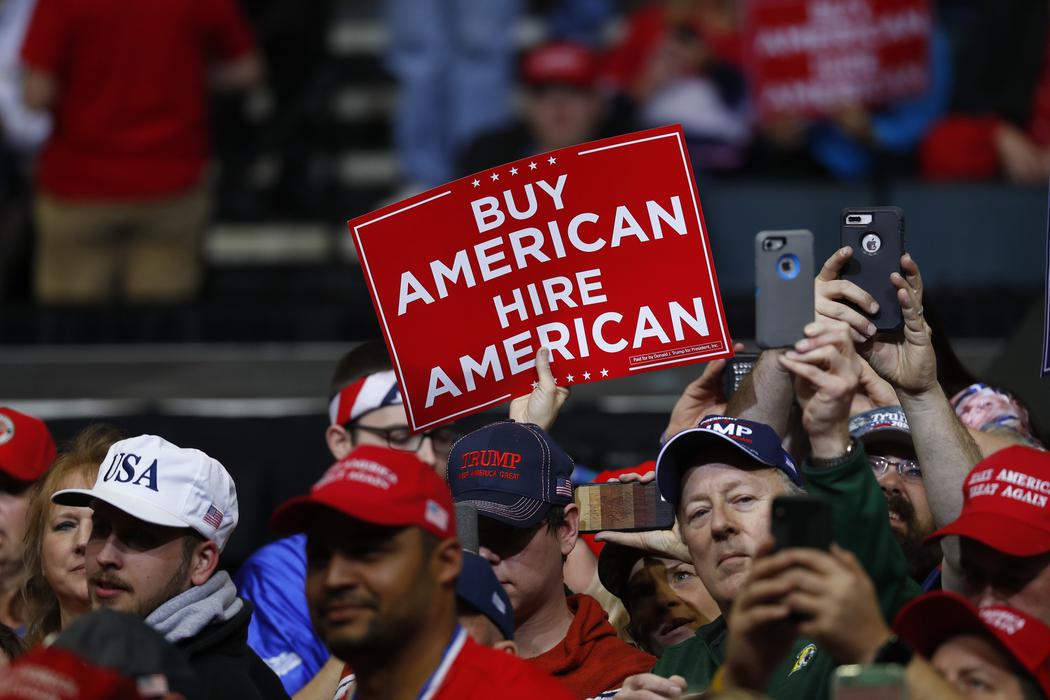
Ma Xue, Associate Fellow, Institute of American Studies, China Institutes of Contemporary International Relations
Oct 27, 2025
Donald Trump’s tariffs — the cornerstone of his economic agenda — are closely linked to inflation, revenues, spending and the reshoring of manufacturing. They are the key to assessing Trump’s economic impact, but they come with profound uncertainty.

Christopher A. McNally, Professor of Political Economy, Chaminade University
Oct 10, 2025
After months of escalating tariffs and retaliatory measures, China and the United States have reached a fragile truce that has begun to stabilize their trade and technology relationship. While tensions over chips, rare earths, and agricultural exports persist, both sides now recognize their mutual vulnerability, creating a cautious but potentially durable détente rooted in economic deterrence rather than dominance.
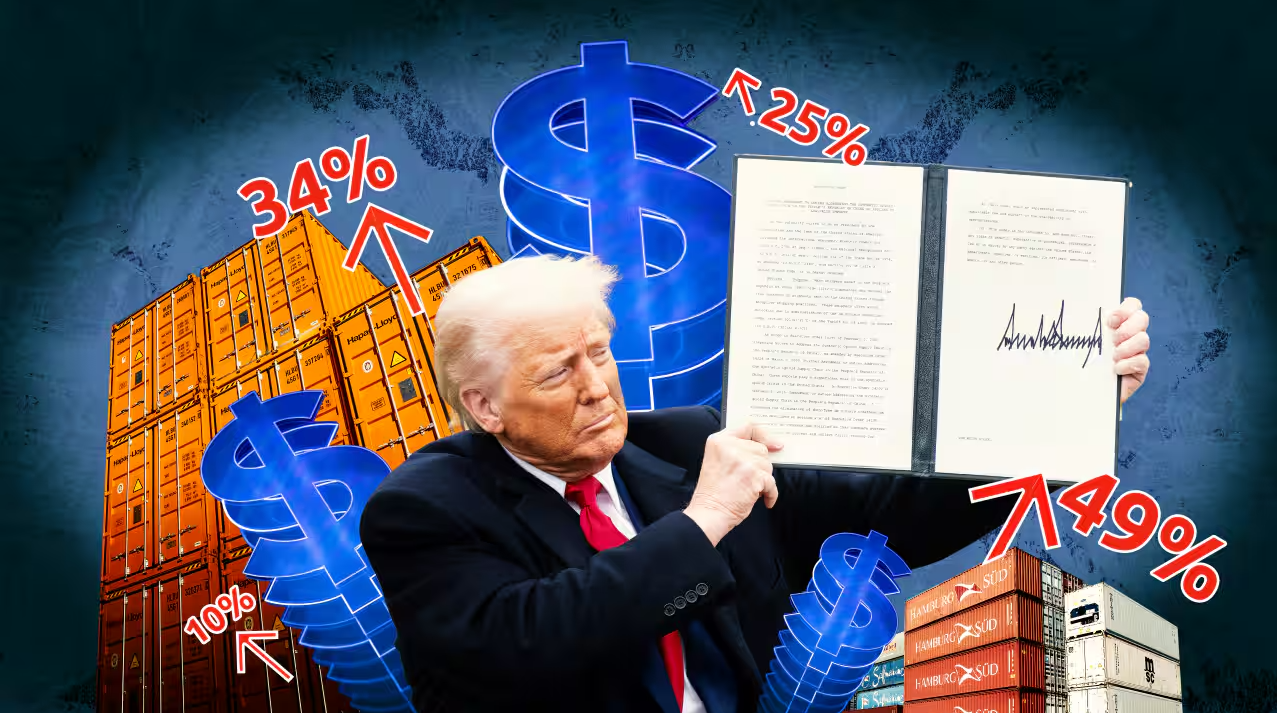
Lucio Blanco Pitlo III, President of Philippine Association for Chinese Studies, and Research Fellow at Asia-Pacific Pathways to Progress Foundation
Sep 12, 2025
America’s tariffs have remained a centerpiece of discussion in global trade since the White House announced them, with a clear, coherent path forward yet to emerge. In these first few historic months, how has the aggressive trade policy affected U.S. positions in Asia?
Back to Top

- China-US Focus builds trust and understanding between the U.S. and China through open dialogue among thought leaders.
- Our Offerings
- Topics
- Videos
- Podcasts
- Columnists
- Research Reports
- Focus Digest
- Stay Connected
-
Thanks for signing up!
- Get the latest stories from China-US Focus weekly.